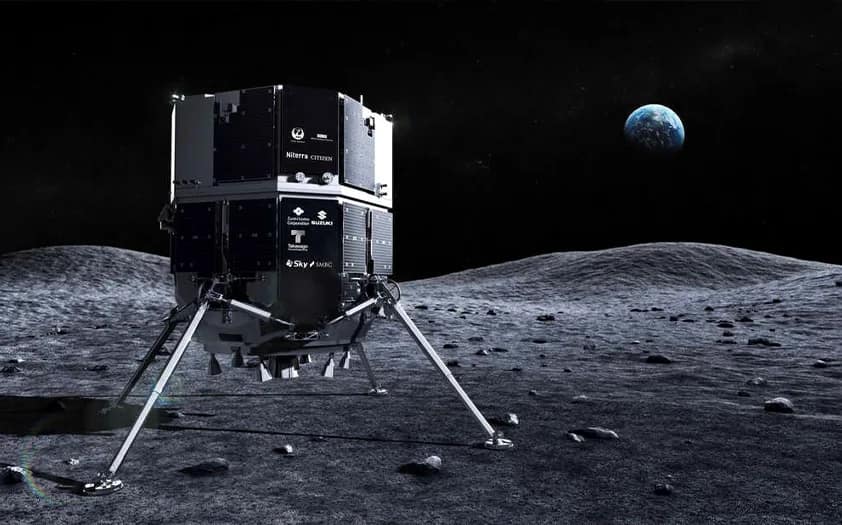Ispace’s Hakuto-R Mission 1 carrying Rashid rover was presumed lost after communication failure during the historic moon landing attempt.
The Western Connect Magazine: The world’s first privately developed spacecraft to land on the moon has been lost in its final descent. The Japanese firm, Ispace, launched the Hakuto-R Mission 1 atop a SpaceX rocket from Cape Canaveral in Florida on December 11, 2022, carrying the Arab-built Rashid rover. The spacecraft made a three-month journey covering 870,000 miles before attempting to land on the lunar surface at 12:40 p.m. ET on April 25, 2023.
After the expected communications blackout, the team of flight controllers could not regain contact with the spacecraft, concluding that the lunar lander was lost. Espace CEO Takeshi Hakamada announced that they “could not complete the landing on the lunar surface” and that engineers were investigating the situation.
Espace had aimed to become the fourth nation in history to execute a controlled landing on the moon. Instead, the Hakuto-R mission attempted to become the first-ever commercial lunar landing mission. Espace shared regular mission updates on their Twitter account, including photos of the Earth peeking out from behind the moon.
The loss is a significant setback for the company and the broader commercial space industry. Only three countries — the United States, China, and the former Soviet Union — have ever executed a controlled landing on the moon. The United States remains the only country to have put humans on the moon.
The Rashid rover, built by the Mohammed bin Rashid Space Centre in Dubai, was designed to analyze the moon’s surface, composition, and potential water resources. The loss of the Hakuto-R Mission 1 and Rashid rover may delay the goal of establishing a permanent human presence on the moon, an objective shared by governments and private industry alike.

